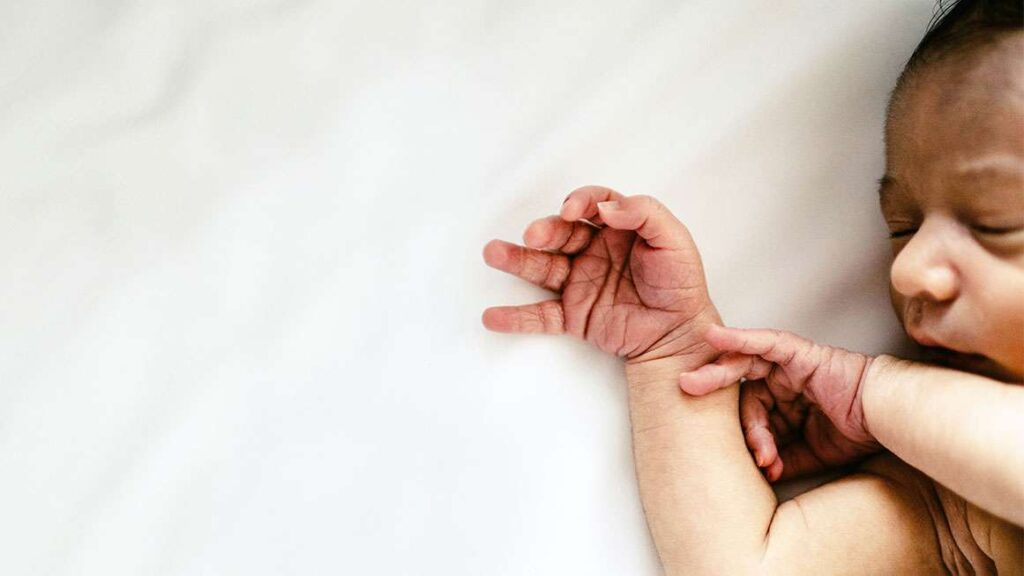Mandatory genome sequencing of all newborns—it sounds like something out of a dystopian science fiction story. But that could become a reality in New Jersey, where health officials are considering adding this kind of analysis to the state’s mandatory newborn testing regime.
The National Cancer Institute’s website explains that genome sequencing can determine a person’s “entire genetic makeup.” Using genome sequencing, doctors can diagnose diseases and abnormalities, reveal sensitivity to environmental stimuli, and assess a person’s risk for developing diseases such as Alzheimer’s disease.
Ernest Post, chairman of the New Jersey Newborn Screening Advisory Review Committee (NSARC), discussed newborn genome sequencing at the NSARC meeting in May. An NSARC subcommittee has met to explore the issue and is expected to issue recommendations later this year. It is considering issues such as whether sorting is optional or mandatory New Jersey Monitor reported.
Such plans have drawn criticism from civil liberties groups such as the American Civil Liberties Union (ACLU) and the Institute for Justice (IJ). “We’re talking about information from children that could allow states and other actors to use that data to spy on and monitor them and their children,” said Dillon Reisman, an attorney with the ACLU of New Jersey. The rest of the family’s life. monitor.
Perhaps this would not be so worrisome if New Jersey had strong safeguards in place over the uses of genetic material it has collected. But the state’s approach has attracted enough attention and legal action on its own. IJ is currently representing a group of parents in New Jersey in a class action lawsuit regarding the state’s newborn testing practices.
New Jersey, like every other state, requires hospitals to collect blood from newborns and turn it over to state health authorities, who use it to screen for a variety of diseases. Like many states, the process in New Jersey is less than transparent. Parents were simply told that testing was mandatory. They were not informed that they could object on religious grounds. They don’t know what the state does with the newborn’s blood samples after the health checkup is completed.
In fact, the state retains these blood samples for 23 years with no legal restrictions on how they can be used.
On at least one occasion, a newborn’s blood sample was used to link the baby’s father to a crime, according to the New Jersey Public Defender’s Office. Some states have been caught selling blood samples to researchers or turning the blood over to the Pentagon’s DNA registry.
Now, parents in New Jersey are seeking a court order requiring the state to return or destroy blood samples taken from their newborns or obtain informed consent from parents to retain them. Summarizing its case, Lovaglio and Jedynak v. Baston and Scotto, the IJ declared: “The government cannot, without your consent, collect the blood of your newborn to test for disease, then keep it secretly for 23 years and use it for other purposes. “Rosato, in an Instagram post.
The IJ lawsuit reminds us that even without requirements for genomic sequencing of newborns, states still collect sensitive biological information from residents starting at birth, often with few restrictions on how that information can be used and with no real guarantees of privacy. Taking advantage of the fact that new parents are too preoccupied to pay close attention to what tests are being done and where the results are going, authorities are able to obtain and preserve genetic material that parents might object to in their possession. Even if parents have the right to opt out, or destroy blood samples after testing, many are not aware they have these options.
As genome sequencing becomes cheaper and more ubiquitous, more states will almost certainly begin adding the process to their newborn testing regimes. We must put safeguards in place forward These plans have been implemented.

